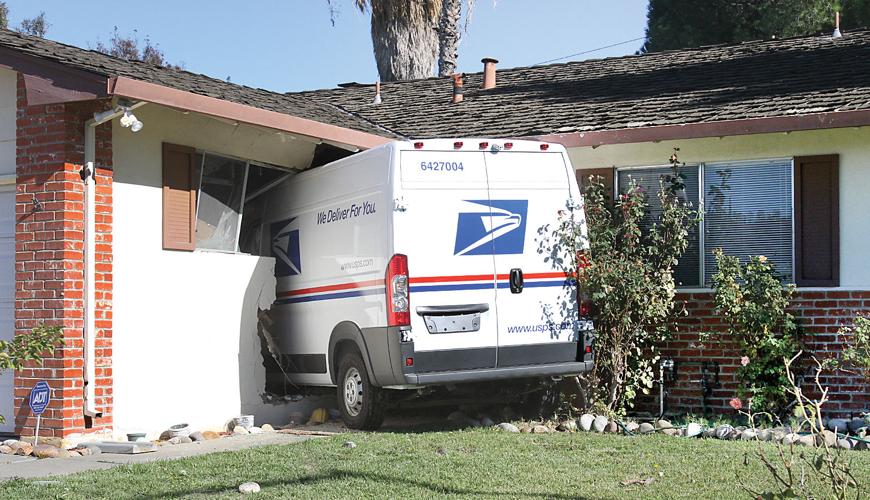
Settlement
A settlement is an agreement between two parties to resolve a legal dispute without going to trial. In personal injury cases, a settlement allows the injured party to receive compensation for damages, such as medical expenses, lost wages, and pain and suffering, in exchange for releasing the other party from further liability. Settlements are often reached through negotiation, with both sides aiming to avoid the costs, time, and uncertainty of a court trial. At 770GoodLaw, we help clients evaluate settlement offers, negotiate fair compensation, and decide on the best course of action for their specific case.
Purpose of a Settlement in Personal Injury Cases
The primary purpose of a settlement is to provide a mutually acceptable resolution to a legal dispute, allowing both parties to avoid prolonged litigation. For plaintiffs, settlements offer a way to secure compensation more quickly and avoid the uncertainty of a trial verdict. Key purposes of settlements include:
-
Providing Compensation: Settlements allow injured parties to receive financial compensation for their losses, covering both economic and non-economic damages.
-
Avoiding Trial Uncertainties: Trials can be unpredictable, with outcomes dependent on jury decisions, which can make settlements a more secure option.
-
Saving Time and Costs: Settling a case reduces the costs associated with court proceedings, legal fees, and lengthy trial preparation.
-
Offering Closure: Settlements provide a resolution to the case, allowing both parties to move forward without the ongoing stress of litigation.
Types of Settlements in Personal Injury Cases
Settlements vary depending on the nature of the case, the types of damages involved, and how compensation is distributed. Common types of settlements in personal injury cases include:
- Lump-Sum Settlement: In a lump-sum settlement, the plaintiff receives a one-time payment that covers all agreed-upon damages, providing immediate financial relief.
- Structured Settlement: Structured settlements involve periodic payments over a set period, offering a steady income stream that may provide financial stability for ongoing needs.
- Partial Settlement: In some cases, parties may reach a partial settlement covering certain aspects of the claim while leaving others open for further negotiation or trial.
- Out-of-Court Settlement: An out-of-court settlement is reached privately between the parties, often with assistance from attorneys or mediators, without formal court involvement.
Steps in the Settlement Process
The settlement process involves several stages, from initial negotiations to finalizing the agreement. The main steps in reaching a settlement include:
- Filing a Claim: The injured party files a claim against the responsible party, initiating the legal process and making their intent to seek compensation known.
- Evaluating Damages: Both parties assess the extent of damages, including medical bills, lost wages, and other related expenses, to determine a fair settlement amount.
- Negotiating Terms: Attorneys for each party negotiate to reach a mutually acceptable settlement amount, often through a series of offers and counteroffers.
- Finalizing the Agreement: Once terms are agreed upon, the parties draft a settlement agreement that specifies payment details, waivers, and release clauses.
- Receiving Payment: The plaintiff receives the settlement payment, either as a lump sum or structured payout, depending on the terms agreed upon.
Factors That Influence Settlement Amounts
Several factors influence the amount a plaintiff may receive in a settlement. These factors can vary based on the specifics of the case, including:
-
Severity of Injuries: More severe injuries that result in long-term medical care or disability typically lead to higher settlement amounts.
-
Economic Losses: Calculable costs, such as medical expenses, property damage, and lost income, directly impact the compensation sought.
-
Non-Economic Damages: Pain, suffering, and emotional distress are considered in settlement amounts, particularly in cases with significant impact on quality of life.
-
Liability and Evidence: Strong evidence supporting the defendant’s liability increases the likelihood of a favorable settlement offer for the plaintiff.
How 770GoodLaw Assists Clients with Settlement Negotiations
At 770GoodLaw, we advocate for fair settlements that reflect the true extent of our clients’ injuries and losses. Our attorneys provide skilled representation, handling negotiations with insurance companies and opposing counsel to secure maximum compensation. Our approach includes:
- Evaluating Settlement Offers: We help clients assess settlement offers to determine if they are fair, advising on whether to accept, counter, or proceed to trial.
- Preparing Strong Evidence: Our team gathers comprehensive evidence, including medical records, witness statements, and expert opinions, to support our clients’ claims.
- Negotiating Assertively: We negotiate with insurers and opposing counsel to secure settlements that fully account for medical bills, lost wages, pain, and other damages.
- Providing Strategic Guidance: We offer clients clear guidance on their options, helping them make informed decisions on accepting or rejecting settlement offers.
Importance of Legal Representation in Settlements
Settling a case without legal representation can result in accepting less compensation than deserved. Experienced attorneys ensure that clients receive fair offers that reflect the full impact of their injuries. At 770GoodLaw, we provide knowledgeable support, negotiating effectively to protect clients’ interests and secure just compensation.
Why Choose 770GoodLaw for Settlement Representation
Our commitment to Relentless Reliability and Sincetegrity drives us to provide thorough representation for clients seeking settlements. At 770GoodLaw, we work diligently to maximize settlement outcomes, ensuring our clients’ rights are protected and their financial needs are met.






